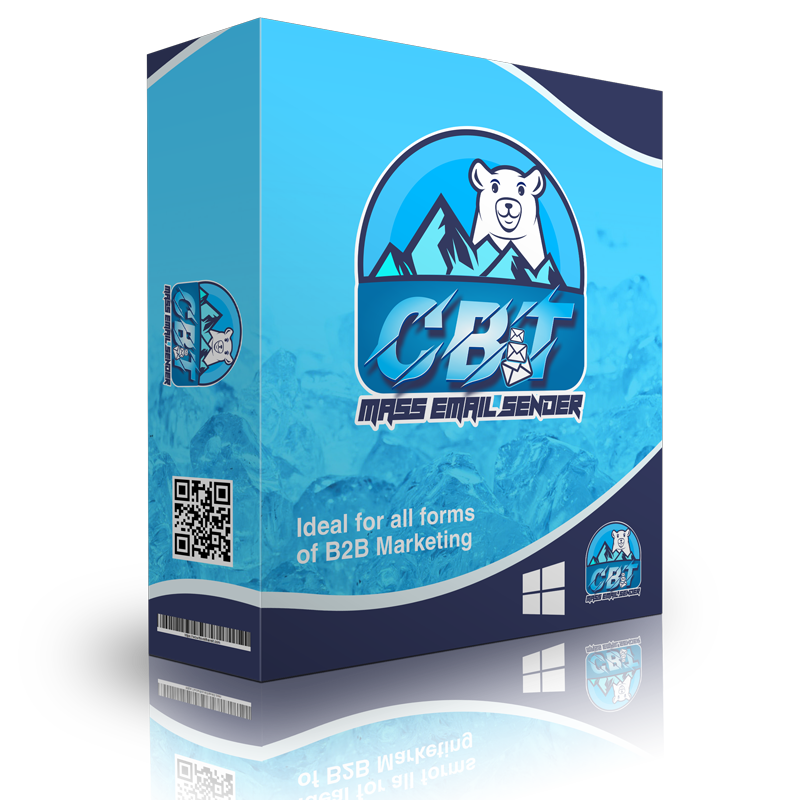Sonora septic maintenance services
Arnold septic inspections company? Foothill Sanitary Septic is a California State Licensed Sanitation Contractor. We provide septic tank inspection services for real estate transactions, mortgage refinancing and for homeowners. For whatever the reason the septic tank inspection is being requested, Foothill Sanitary Septic performs a very complete and thorough inspection. Our inspection consists of a complete pump out of the septic tank or tanks and a timed Load Test to the leach field, sand filter or other type of pre-treatment systems. All components of the system are inspected, no matter what type of septic system.
Never drain your pool or hot tub water into your septic tank system. Chlorine from your pool or hot tub can break down the important solid-busting bacteria in your system, just like household chemicals can. Additionally, adding a large influx of water into your septic tank can cause your drain field to flood. Perform an inspection of your septic tank on a regular basis. The frequency of a septic tank inspection depends on the manufacturer – it can range from three months to three years. Some septic tanks can be inspected by the consumer while others need to be inspected by a technician. In any case, be sure to have your septic tank system evaluated on a frequent basis to catch any minor repairs before they become costly ones.
The most common cause of a failed system is overloading it. This can be caused by the consecutive use of high-volume activities such as laundry, showering, and running the dishwasher. Space out their usage as well as follow water conservation efforts year round. This is particularly important during heavy rain, which can quickly overwhelm a drainfield on its own. Also common are blockages, which can cause pipes to be clogged and the drainfield to overflow. To prevent this, avoid flushing anything besides the three Ps (pee, poop, and toilet paper). “Flushable” wipes and FOG (fats, oils, grease) clog pipes so should be thrown in the trash. Avoid the use of a garbage disposal which can improperly break down debris.
The content on this page will be better understood if you are familiar with the operation of a basic septic system. If you haven’t done so, please visit our “Septic Systems” page and take a couple of minutes to familiarize yourself with the 3 main components of a basic septic system. A Standard Gravity System is used when you have ideal conditions. Effluent from the Septic System gravity flows directly from the septic tank to the drain field without the aid of any pump. The soil has very good absorption characteristics and can handle the effluent from normal use being introduced into the drain field. The soil also has good treatment quality, in a sufficient amount above the water table to effectively purify the waste water before it enters the water table. Find extra information at foothills septic.
Excessive water use can cause a septic system to fail. To reduce the possibility of a failed septic system due to excessive water usage, following a few water saving guidelines will reduce the amount of water entering your septic system and reduce your water bills. Flush toilets only when necessary and don’t use them as wastebaskets. Install high-efficiency toilets. Check for leaky toilets and faucets — even a small leak can waste up to 200 gallons of water each day. Install water efficient shower heads and take shorter showers. If you have a dishwasher, only run it when it is full. Use proper load settings when doing laundry. Don’t leave the faucet running when brushing teeth or shaving.
Kevin Gause is the owner of Foothill Sanitary Septic and Operation Manager for Foothill Portable Toilets which is owned by Leslie Gause. Kevin has over 20 years experience in solid and liquid waste transporting and 17 years experience in handling all aspects of septic, grease and portable toilet services. Kevin’s commitment is to provide all services with the utmost integrity and honesty. By providing quality workmanship and performing the job the way it should be done, customer satisfaction is achieved. Our first-time customers continually become our long term customers time and time again, choosing us for all their septic and portable toilet needs. This commitment is prevalent throughout the company.
Save money by renting a backhoe and installing your own septic system! Stamped, engineered, septic system plans are typically not necessary unless your property percolation test was extreme (greater than 60 minutes per inch or less than 5 minutes per inch); or the site has seasonal groundwater; or there is bedrock or unsuitable soil less than four feet below the proposed leach field; or if the ground slope is in excess of 30% in the area of the proposed leach field. Engineered systems require a local professional engineer to approve (stamp) your site’s septic tank and leach field plans. Find even more info on here.
